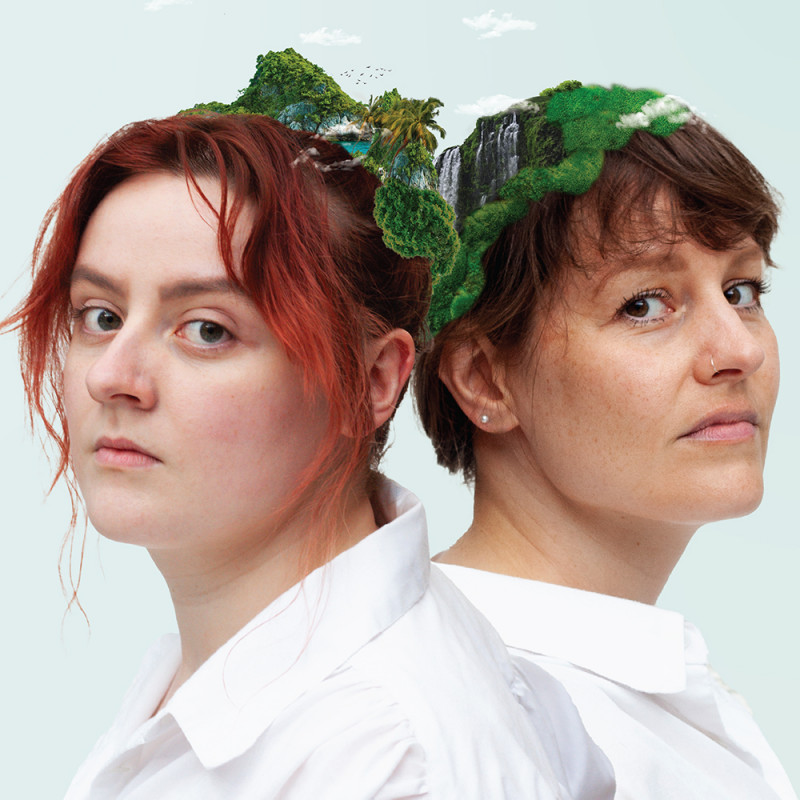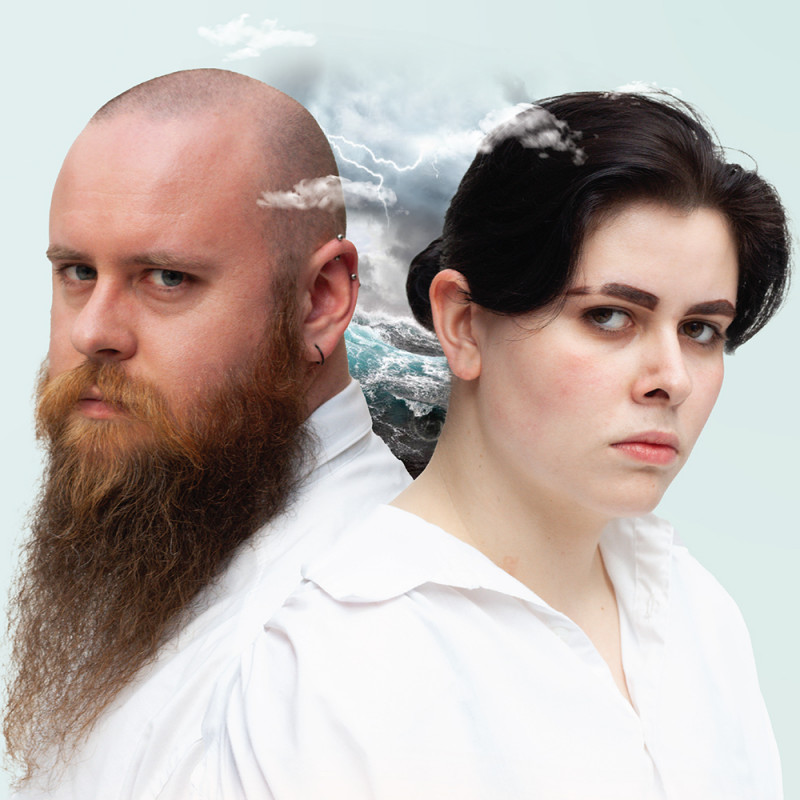

The question of our time by Madelaine Empson
In 1983, the Victoria University Drama Club staged the first-ever Summer Shakespeare, a production of A Midsummer Night’s Dream sprinkled with punk fairies and the glitter of 80s student culture. Putting an innovative spin on a classic remains a hallmark of these sunny Shakespeare soirées, which have made a lasting impact on Wellington’s theatre scene.
In 2023, Summer Shakespeare returns with The Tempest, a hopeful and inspiring eco-ethical production that explores the nuanced and complex human (and more-than-human) relationships on this beautiful planet. Dr Megan Evans says the opportunity to direct in Summer Shakespeare’s 40th anniversary year is an honour.
“One of the first shows I saw when I arrived in New Zealand in 2006 was Summer Shakespeare (Taming of the Shrew at Te Papa Amphitheatre) and I have enjoyed many wonderful shows over the years.”
I caught up with Evans to talk about the legacy of Summer Shakespeare and why you should see The Tempest, on at The Dell in the Wellington Botanic Garden from the 11th to the 26th of February.
What do you think makes Summer Shakespeare so great?
Summer Shakespeare maintains much of its vibrancy due to the many talented young people who have been involved in the productions. But casting is also open to the wider community, allowing Summer Shakespeare to draw on talented actors from across the city and wider region to bring depth and range. It is, however, a major and complex undertaking. Such longevity could not have been achieved without the sustained institutional support from VUW and the dedicated volunteers that work year-round on the Summer Shakespeare Trust Board.
What was behind the decision to put on an ecologically, environmentally inspired production of The Tempest?
It is the question of our time – will we make the difficult choices necessary to shift the dial on climate break-down and make possible a just and liveable planet for future human generations? In other words, the theme came first, then looking to Shakespeare’s canon for a play in which these themes play out strongly.
Without spoiling too much, what does an eco-ethical production look like?
We have been exploring the questions of power raised in the play. What is the cost of the protagonist Prospero’s choices to use his magic powers over others in the play where he has been shipwrecked. In practice, it also means we have re-used and re-purposed materials wherever possible and have a clear plan for where and how things can be used after the production is over.
What do you hope audiences get out of watching The Tempest and what do you want them to take away from the experience?
We’ve had a joyous time exploring this weird and fascinating play and hope the audience experiences a similar range of awe and delight. As for what I hope they take away: Prospero stands for one way of being human in this world, demanding obedience from the natural spirits that serve him. What are other ways? What would this world look like if, rather than seeing the ‘natural world’ as existing for our use, more of us humans truly honoured and respected the planet’s natural forces in their own rights, for their own sakes?
View more articles from:
« Issue 188, January 31, 2023

